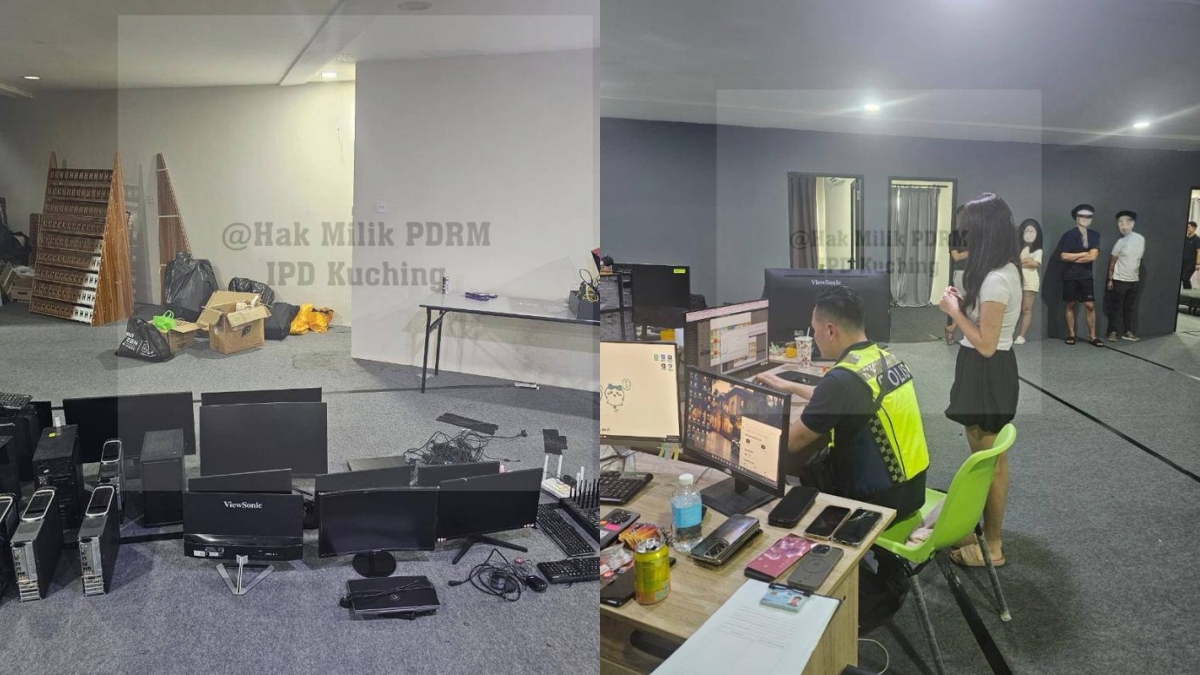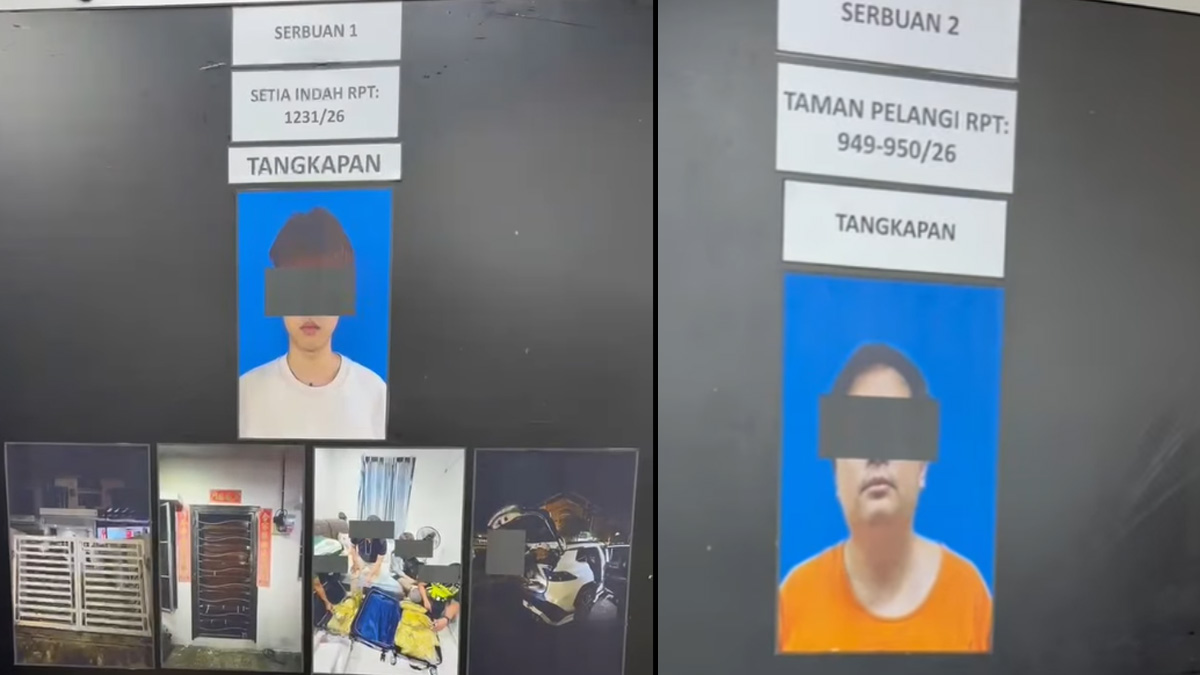Jurong minimart cashier jailed 17 months for stealing nearly S$57,000 to fund online gambling
A 37-year-old Malaysian cashier has been sentenced to 17 months’ jail for embezzling nearly S$57,000 from a Jurong minimart where she worked, using the money to fund online gambling over several months.

- Cashier Kon Chin Sia stole S$56,797 from her Jurong minimart employer between April and October 2024.
- Her theft was discovered after CCTV footage showed her pocketing customer payments.
- She was sentenced to 17 months’ jail after pleading guilty to one count of criminal breach of trust.
A cashier at a Jurong minimart has been sentenced to 17 months’ imprisonment for stealing nearly S$57,000 from her employer to fund online gambling.
The offender, 37-year-old Malaysian national Kon Chin Sia, worked at a minimart located at Block 651 Jurong West Street 61. Her offences were discovered after months of unexplained losses in the store’s daily takings.
According to court documents, the thefts began in April 2024. The minimart’s manager first noticed a consistent decline in daily sales but initially attributed it to weaker customer traffic. However, further observation revealed that the shortfall was linked to specific shifts when Kon was on duty.
Sales reportedly fell by an average of S$600 to S$700 on the days she worked, prompting the manager to investigate.
Between 30 September and 27 October 2024, the manager reviewed several weeks of closed-circuit television (CCTV) footage. The recordings showed Kon pocketing cash payments from customers instead of placing them into the register.
The footage also captured her keeping the cash in a drawer and later transferring the amounts into her personal bank account.
When confronted, Kon admitted to stealing between S$500 and S$600 per shift. She told her employer that she had used the money to pay off debts and fund her gambling habit.
According to Shin Min Daily News, Kon had worked at the minimart for more than seven years and was previously regarded as a diligent employee. Her long service initially prompted the manager to give her a chance to repay the stolen amount. However, after she failed to do so, the company lodged a police report, leading to her arrest and dismissal.
Following her departure, several customers reportedly approached the minimart to ask about her whereabouts. Some claimed that Kon had borrowed sums of over S$100 from them, raising further questions about her financial situation.
In court, Kon faced two charges of criminal breach of trust under Section 408 of the Penal Code, which covers offences committed by employees entrusted with property. She pleaded guilty to one charge on 14 July 2025, while the second was taken into consideration during sentencing.
Investigations and bank statements revealed that Kon had misappropriated a total of S$56,797 from the minimart. The majority of the stolen funds were channelled into online gambling activities.
During the hearing, Kon’s defence lawyer argued for leniency, citing several mitigating factors. These included her previously clean record, financial hardship, and family difficulties.
The lawyer told the court that Kon’s family was heavily indebted at the time of the offences and that one of her relatives was seriously ill, placing additional strain on her finances. The defence also highlighted that, as a foreign national, Kon would face deportation after serving her sentence — a consequence they described as an additional punishment.
“Her actions were influenced by desperation and poor judgment rather than malice,” the defence submitted, requesting a sentence of less than 18 months.
However, the prosecution, noting the systematic nature of the theft, sought a jail term of between 18 and 20 months. Deputy Public Prosecutors argued that Kon’s offences were committed repeatedly over multiple shifts, undermining claims that she was merely a one-time offender.
They further pointed out that the losses to the employer were significant and that most of the funds had been irretrievably lost to gambling, with little chance of restitution.
The prosecution said that while Kon eventually admitted her wrongdoing, her conduct had caused financial harm and breached the trust of her employer, who had relied on her honesty over several years of service.
In sentencing, the court took into account Kon’s early plea of guilt, her cooperation with investigators, and her lack of prior criminal history. Nonetheless, the judge agreed with the prosecution that the offences demonstrated a high degree of repetition and abuse of trust.
The court also observed that the embezzlement was not a single impulsive act but a sustained course of conduct motivated by gambling addiction.
“Her position as a cashier required honesty and accountability. Instead, she took advantage of her employer’s trust for personal gain over a prolonged period,” the judge said.
Kon was sentenced to 17 months’ imprisonment, slightly below the prosecution’s recommendation but above what her defence had requested.
Under Singapore law, criminal breach of trust by a servant or employee carries a maximum penalty of 15 years’ imprisonment and a possible fine.
The case highlights the continuing risks associated with problem gambling and financial mismanagement among employees in cash-handling roles.
Gambling addiction has been a recurring factor in several recent cases of workplace theft in Singapore, prompting renewed discussion about the need for early intervention and support programmes for those showing signs of financial distress.
After serving her sentence, Kon will be deported to Malaysia, as confirmed by her defence counsel.
The minimart has since implemented tighter cash-handling protocols, including additional surveillance and daily audit checks, to prevent similar incidents in future.







